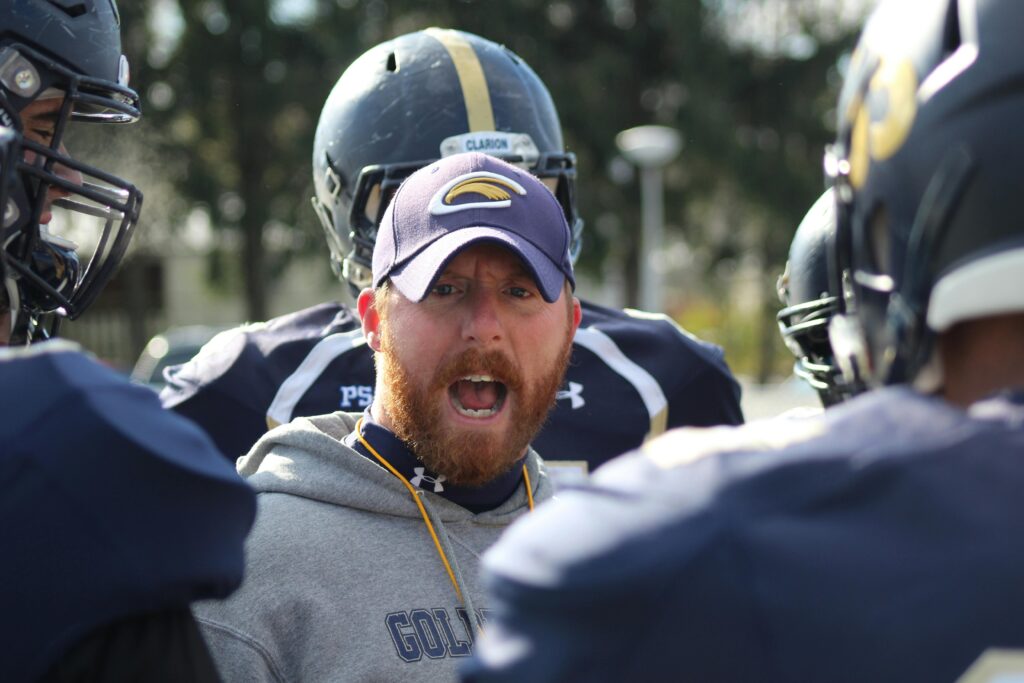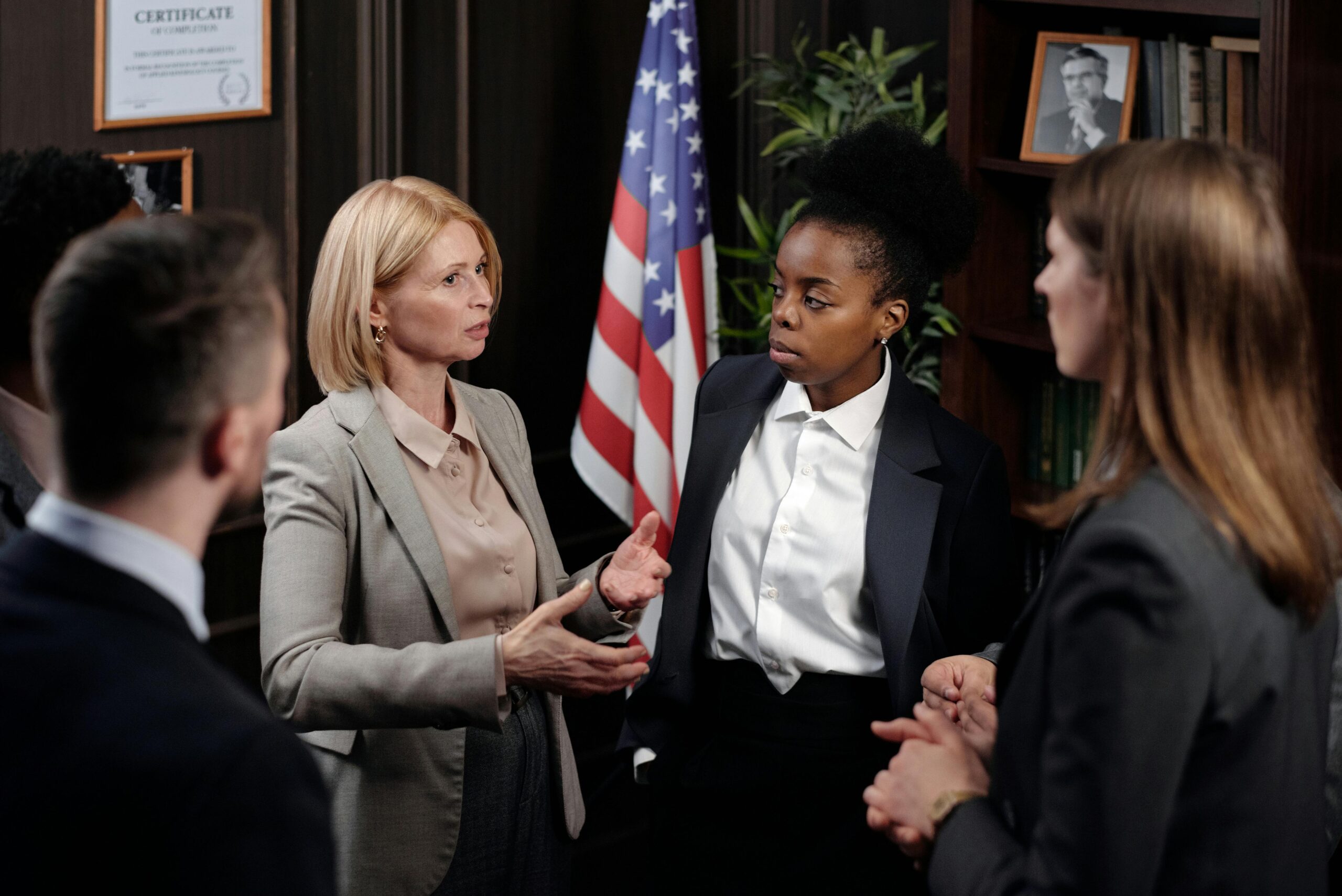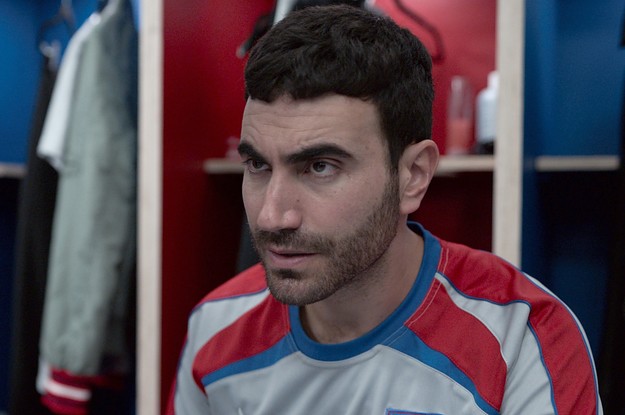Leadership Lessons From Ted Lasso

Leadership Lessons From Ted Lasso
If you manage people, or coach a team, or teach in a classroom, you are missing out if you don’t watch Ted Lasso. More importantly, those you manage, teach or coach are missing out if you don’t watch Ted Lasso.
Simply put, we need more leaders like Jason Sudeikis’ character.
Yes, we need visionaries and innovators like Jobs and Bezos and Musk. We need people who change the way the world works like Henry Ford. We need great operators like Iacocca, Carnegie, Rockefeller, Buffett and Robert Smith. And it’s stylish to fawn over these people.
But here’s the problem. Most people’s lives aren’t spent on the cutting edge in a business changing the world for everyone else. (Yes, it’s en vogue to have a mission statement about changing the world, but we’d all be a little more honest if we either redefined “world,” or said, “our mission is to have fun, make money, and do good work.”)
Like Ted Lasso, most people are part of an organization whose product or service isn’t highly differentiated, but who are doing their work, and trying to make a living. And those people who will spend 40% of their waking hours with their fellow employees and managers.
Managers, teachers, and coaches have an outsized impact on the lives of those they lead.
Not every leader needs to be an Eisenhower or Napoleon or Washington. The headlines go to those leaders.
But the work that touches lives is done by front line managers: those who have to help someone through a tough day, or to motivate the uninspired, or to help someone discover what they’re capable of.
And that’s where Coach Ted can help us. If just a little.
Look at what Ted brings to the table.
This can be viewed primarily via his relationships with others, because as Buffett has said, “Business is easy. People are difficult.” And isn’t the job of managers to inspire, mentor, motivate, coach, develop, and hold accountable? Yes, there are core functions regarding sales, marketing, finance, ops and development. But all those are achieved via people.
(And for our point, we’re assuming anyone reading this has the capacity to do execute their core competencies, well, competently.)
Note: If you’ve not seen the show, spoilers ahead.
Ted remains perpetually optimistic. It’s so easy, in the midst of organizational or personal pressure, to allow stress to manage our lives. The frustration, the fear, and the anxiety dominate work, interactions with others, and our viewpoint. Ted, on the other hand, remains optimistic. When a player is slow to come around. When his boss has just admitted to sabotaging him. When the city is openly mocking him. That optimism drives his actions, which are full of joy: he continues to reach out to others.
This optimism overcomes the most cynical, including Trent Crimm (“The Independent”). Because he sees the best in everyone, he wins them over. One by one. The press. The front office of Richmond. His players. He helps them see something better in themselves because he’s a little different. And they start to believe maybe they can be, too.

Ted cares for the person first, and above all else. See the point above. Many managers care about the people around them, even if they lack the emotional intelligence to communicate it. But as in the point above, stress or pressure often suffocate the focus on people.
Ted, however, remains person-centered all the time. He asks Keeley about her modeling gig with Tom Ford. He wants to know Nate’s name (“No one ever asked my name”), then his opinion on strategy. He adjusts the water pressure in the shower for his players. He wrote Jamie a note of encouragement after Tart helped seal Richmond’s relegation. He had a party thrown for Sam’s birthday to help with homesickness. Ted defends Rebecca against Rupert’s subtle and not-so-subtle attacks.

Ted’s egoless. Too often, we’re so insecure about what we do or don’t know, and we’re so worried about our position. The insecurity simply wrecks us. Not Ted. As Crimm writes, “In a business that celebrates ego, Ted reins his in…. allowing followers to become leaders…”
He asks Nate about strategy, and elevates the kit man to coach. He doesn’t have to be the source of all ideas, seeking help from the team prior to their season finale in the first season.
This lack of ego allows him to withstand all the attacks that come his way. From fans. Rebecca. The press. The players, especially Roy Kent and Jamie. And he smiles. Because it’s not ever about him. He never defends himself. The one without ego doesn’t need to. He goes about his work of reaching people. One of his early comments about Roy? “If we’re going to make an impact here, the first domino that’s gonna fall – right inside that man’s heart.” He has a purpose, and it’s not himself.
He brings cookies everyday, cookies he’s baked by the way, to his boss.
When he gives Sam one of the little soldiers his own son had given him, he didn’t take offense when Sam declined.
Because he lacks ego, he never needs to force anything. Nate turns his back on him in a practice, and he never gets upset. Rebecca protests as he pursues a friendship, and he doesn’t hear it. Players don’t want to show up, and he allows them to figure out what they need to do. Yes, it’s subtle, but it’s effective.
He knows the fans in the bar. The girl on the street. The small restaurant owner. And he focuses on what they want and need, not his agenda.

He refuses to change Jamie’s treatment of Nate. This forces Roy to handle it, and thus assume a mantle of leadership.
He doesn’t hammer his guys over the head with what they need to hear. He leads them to discover their own insights, as Roy does with A Wrinkle in Time. (And Jamie trashes his copy of the The Beautiful and The Damned.)

(Credit: Thanks to BuzzFeed)
Wisdom is so often in such short supply. And we all need it. So movies and novels offer up a guide to the hero as a source of wisdom. Yoda to Luke. Gandalf to Frodo. Will Smith to Matt Damon in Bagger Vance. Robin Williams to Matt Damon in Good Will Hunting. Don’t we want managers with a little more perspective, a little more wisdom to see the deeper issues? And address those rather than the fires that offer quick but cheap endorphin hits?
Lasso sees Jamie as a lost young man. He sees Sam needs to be encouraged. He knows Nate has more to offer than he understands. He sees Roy is the leader. And he works on those important, but never urgent items first.
Ted is full of grace. How timely. We need heroes like this, maybe more now than ever before. More of the Mandelas and Kings and Gandhis of the world. Now Ted Lasso isn’t any of those. But his character points us back to the power of reconciliation and forgiveness.
When Rebecca recognizes what she has done to him, she says, “Imagine doing something unforgivable to someone who doesn’t deserve it, and then having to look them in the eye and tell them what you’ve done.”
She then admits everything, and he responds with the three most powerful words in our language: “I forgive you.”
She can’t understand his response and asks, “Why?”
He tells her, “Divorce is hard,” and then shares how grateful he is for the job she’s given him. And like that, she becomes a new person.

When Roy apologizes for telling his coach to f*** off, Lasso forgives.
When Nate apologizes for walking off on his coach, Lasso forgives.
Perhaps its wishful thinking in a cynical age, but managers, through their example to their people, can influence their lives. And those employees can then, changed, impact others with the same goodness they’ve received.
I wish I were more like Ted.
Or Coach Eric Taylor of Friday Night Lights, maybe my favorite television character of all time. Or Felix Sparks of Netflix’ The Liberator. But it’s hard to top the goodness, the joy, the optimism, and wisdom of Lasso.
I’ve been a manager. And failed direct reports in so many ways, despite succeeding in growing the company.
I’ve coached high school sports. And failed to build up and reach players, despite putting together great units statistically.
I’ve been a teacher. And again, failed to encourage students despite meeting the benchmarks established for me.
At so many stops, I failed where Ted succeeds.
Yes, it’s a television show, and it needs to resolve its storylines well. It needs to fit together neatly, and it does. I’ll give you that, if you’re skeptical of applying lessons from a show into the real world.
But consider this: writers build off archetypes they’ve observed in the real world again and again and again. (This can explain the nature of the Greek and Roman pantheon: they represented what their people had noticed in each other.) Movies and television shows can help us understand human nature. And Ted Lasso is a study in the very best of humanity.
Right now, I’m not managing people. Or coaching. In this season, I’m advising small and growing businesses. It doesn’t offer the same life-on-life opportunities that management does, and I miss how working closely together with a team can change everyone’s life and character for the better.
It’s rewarding to change a company’s trajectory, and to help them navigate strategy, messaging and sales. But it’s not exactly the same as being in the trenches with a team day-to-day.
For now, Sudeikis’ show is moving enough that I’m compelled to write about it, to consider it, and to share it with you. And hope that in some small way, you too are moved when days are long, pressure is high, and the stress mounts. To be an optimist. To put people first. To table the ego for others. To pursue wisdom. And to forgive.

